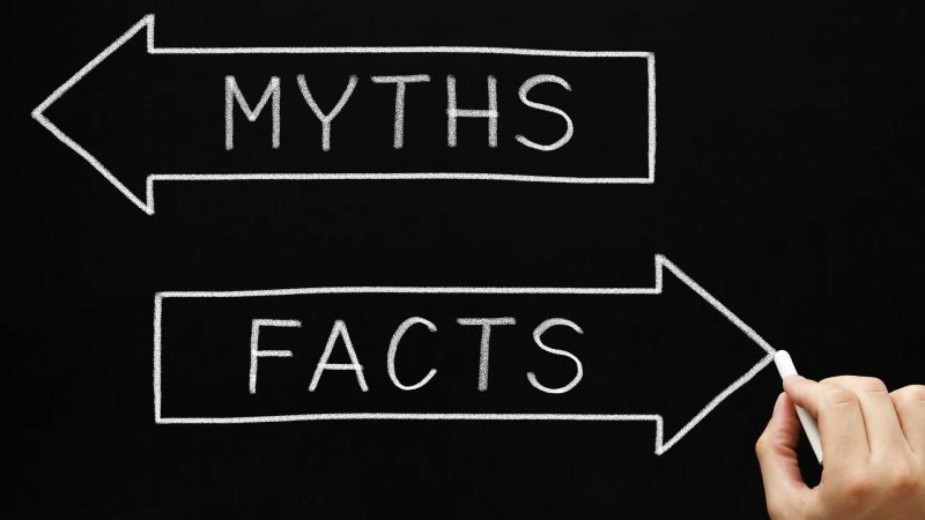 Introduction:
Introduction:
During this election season, the candidates are making various claims about their opponents. It is hard to separate the truth from the lies. There are outlandish conspiracy theories. There are misinformation campaigns. The same situation occurs in agriculture.
There are varied “views” about agriculture. Unfortunately, many of the beliefs are not based on data and facts. Some people have an antiquated, out-of-date perception about agriculture. Others might believe some of the unfounded, outlandish claims promoted by splinter groups who have their own misguided agenda.
In this lesson, we will examine some of the myths and misconceptions regarding agriculture and will rely on facts and data. Everybody is entitled to their opinion, but hopefully, the opinion is based on reality.
 Lesson Objectives:
Lesson Objectives:
At the completion of the lesson you should be able to:
- Describe modern-day agriculture.
- Identify common misconceptions regarding agriculture.
- Use data to discuss agricultural issues.
 Assignment:
Assignment:
Find one site on the Internet that discusses agricultural issues or misconceptions and peruse the information presented. Is credible data used to support the information provided?
![]() The PowerPoint Presentation Used with the Lesson (in PDF format)
The PowerPoint Presentation Used with the Lesson (in PDF format)
The PowerPoint presentation used with this lesson can be found here after the class.
 Additional Resources for Enrichment Purposes:
Additional Resources for Enrichment Purposes:
Do you agree with Michael Bloomberg that farmers are dumb? Perhaps his view of farmers might be what he is not the presidential candidate. Watch this one minute video clip.
The North Carolina Farm Bureau has a list of 15 misconceptions about agriculture.
The Washington Post discusses 10 mega myths agriculture.
Fastline (a company that produces farming publications) identifies 10 myths and misconceptions about agriculture.
GMOs in agriculture is controversial. The Britannica organization owns ProCon, which presents both side of controversial issues. Look at their Pro and Cons about GMOs.
Healthline also looks at both sides of the GMO issue.
This USDA publication, based on the Agricultural Census, looks at who owns America’s farms.
The Counter provides an alternative view to who owns American farmland.
It might be interesting to look at some of the animal welfare groups and how they operate.
The Woodstock Farm Sanctuary believes raising animals for food and the way animals are treated is terrible.
There are hundreds of web sites with more information about modern agriculture, pro and con, that could be listed. These are just a few.
